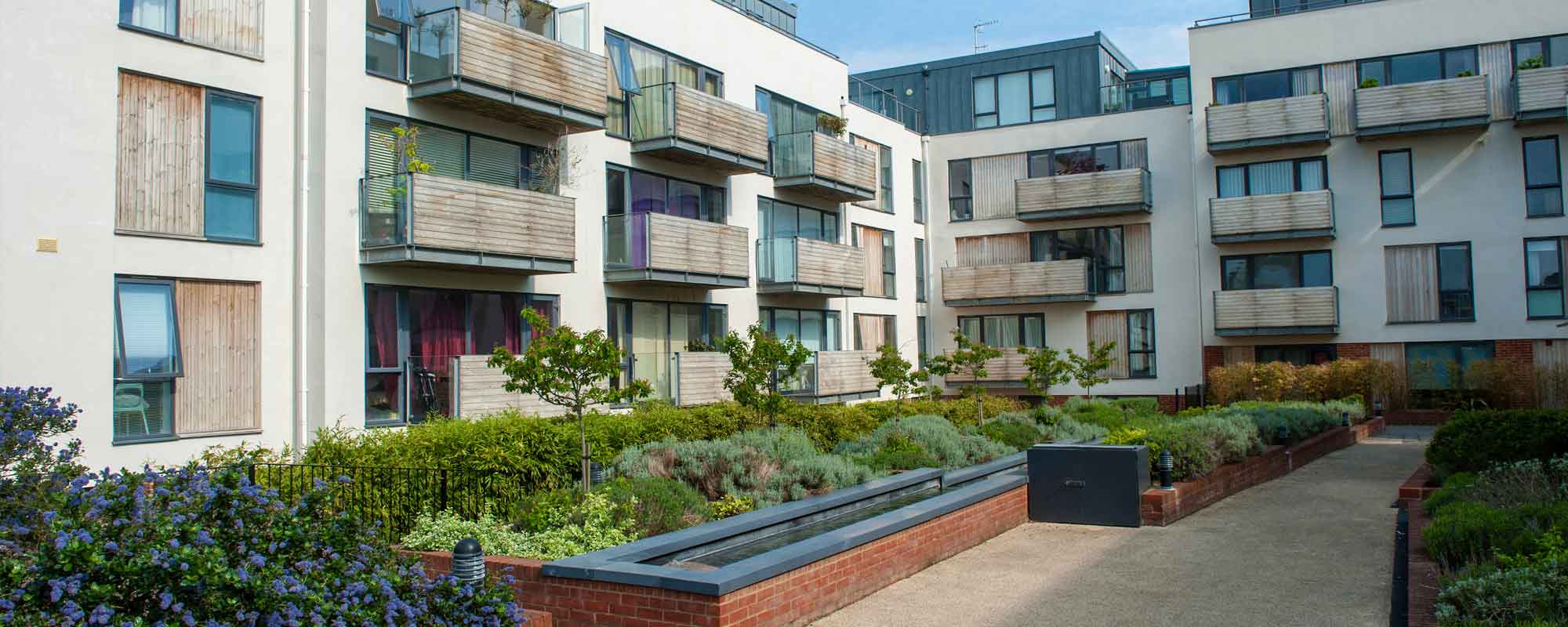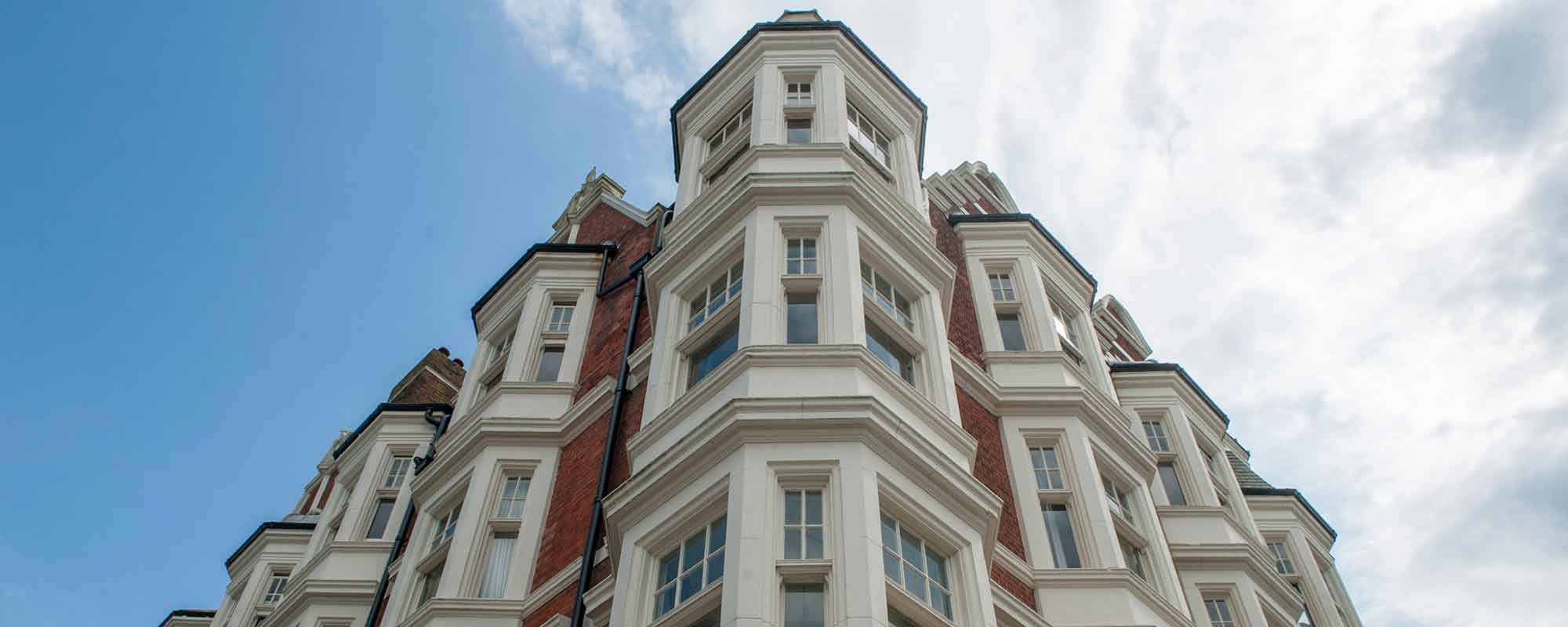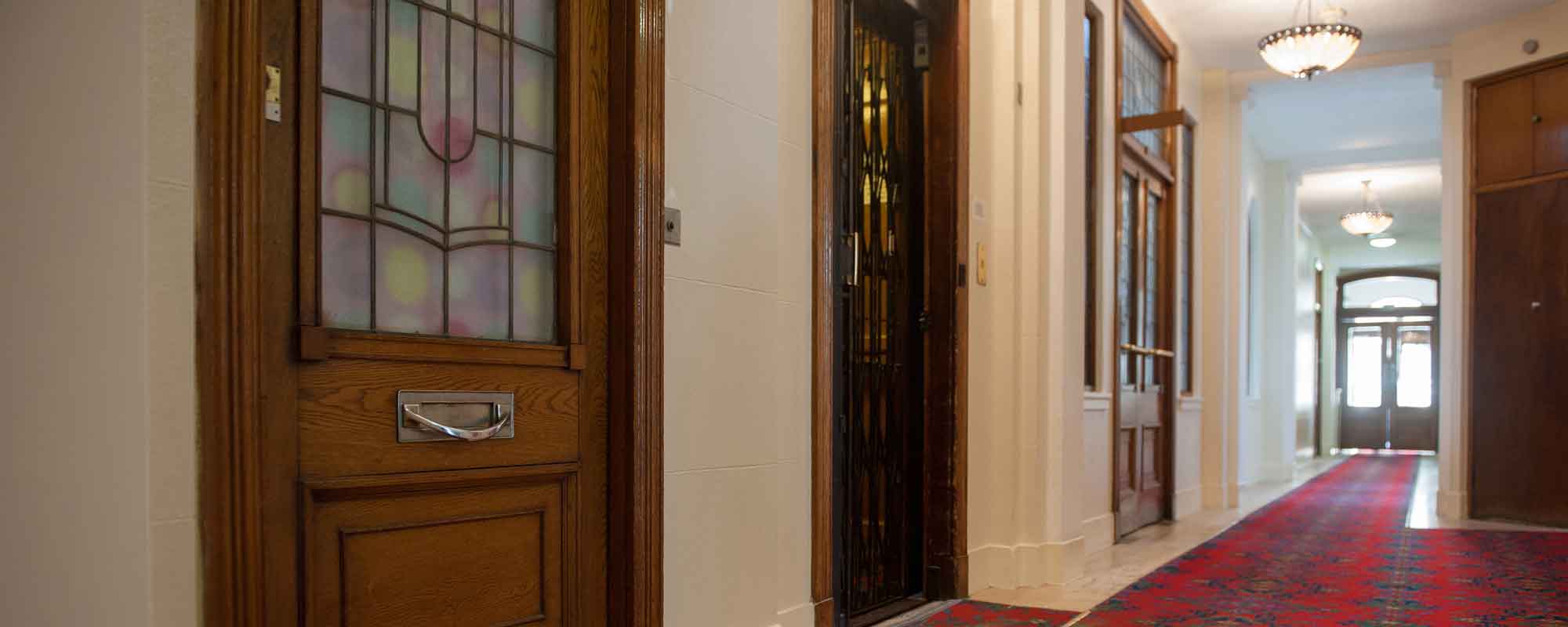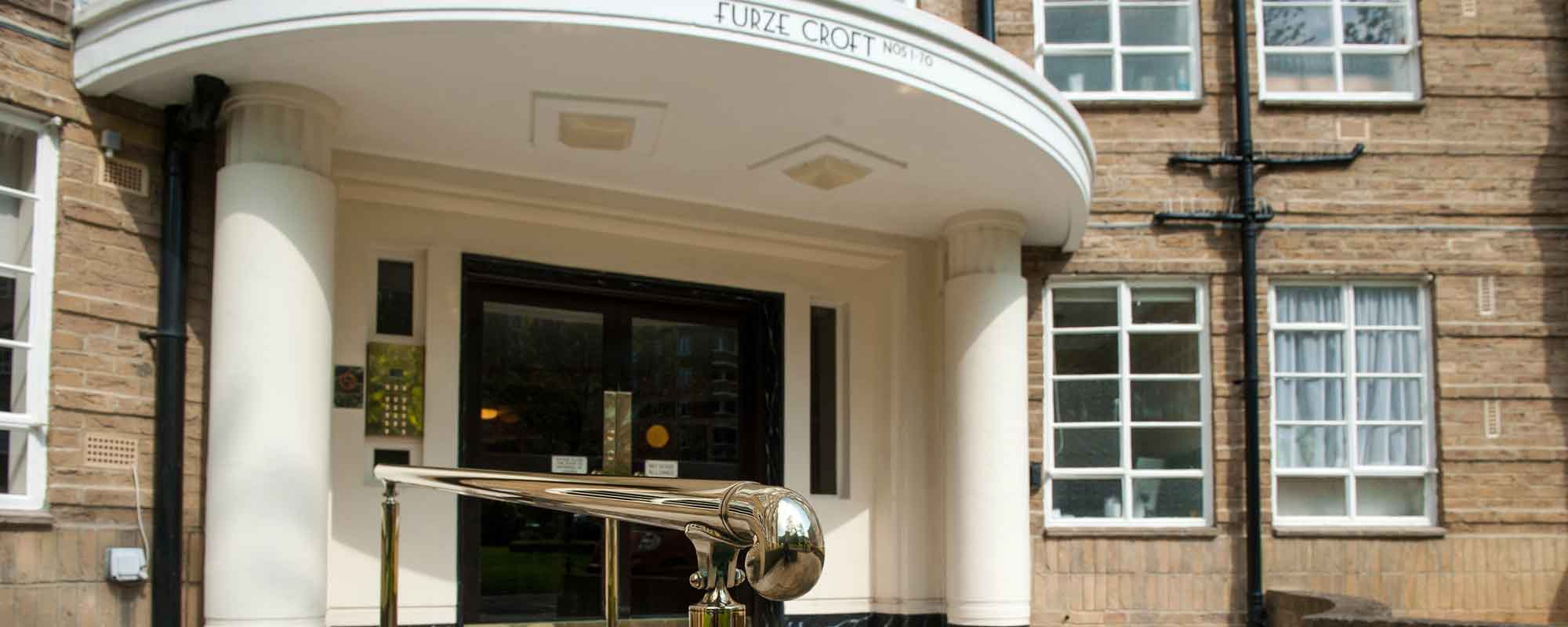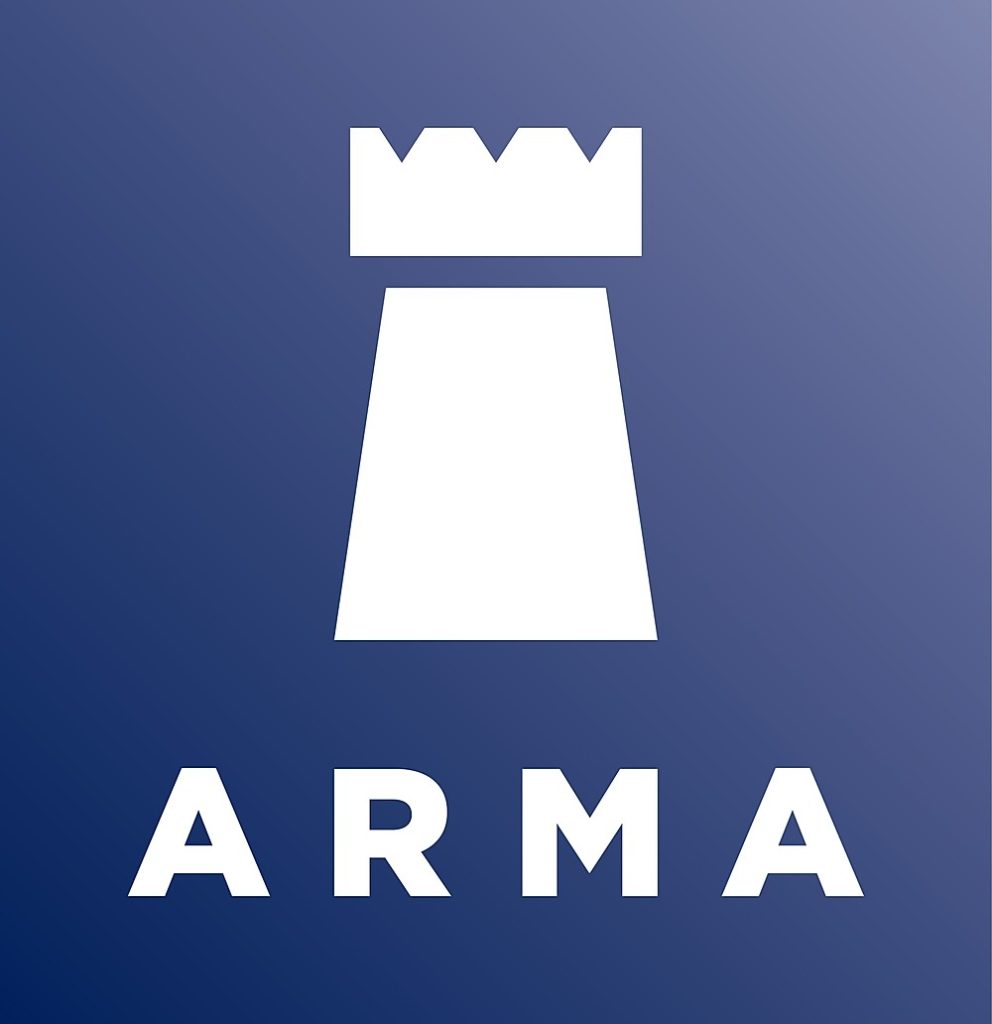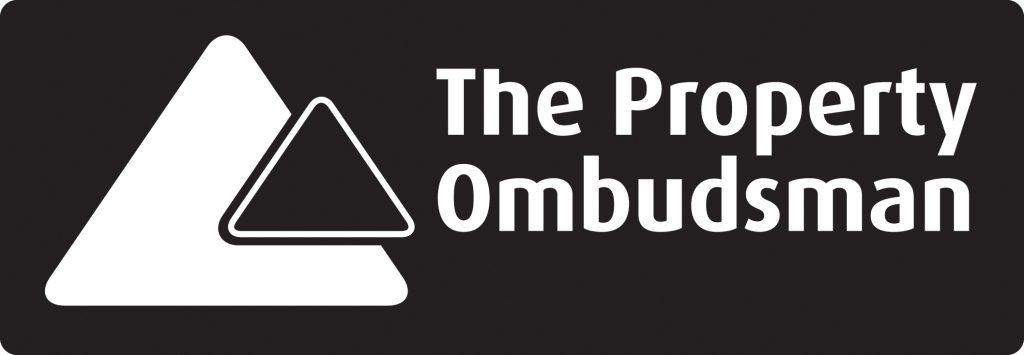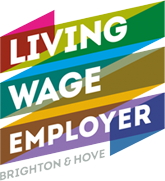As part of our Back to Basics social media campaign, we shall regularly add terms to this glossary to explain the jargon used in our industry. If you need further clarification, please don’t hesitate to contact your Property Manager.
Alterations – When purchasing a leasehold flat or house, it’s common to want to make some alterations so that the property reflects your own style and better suits your needs. This can range from a lick of colour to completely changing the layout. But it’s important to remember that your lease will dictate exactly what work can or cannot be undertaken. Leases can vary dramatically and should be consulted before work commences. As a leasehold owner, if you have plans to renovate your home anytime soon, do get in touch with our Property Management team, who can advise you on the terms of your individual lease.
Bungaroosh – A building material commonly used between 1850 and 1950, comprised of brick and stone contained within a lime render. Barring a few exceptions, this material is used exclusively in the Brighton & Hove area.
Commonhold – Introduced in 2002, Commonhold is a relatively new form of tenure, which attempts to combine the benefits of Leasehold and Freehold ownership. As an owner of a Commonhold flat, you own your entire flat in perpetuity (forever) with far fewer limitations compared to Leasehold ownership. The building within which your flat is located, is owned by a Commonhold Association, which you also have an interest in, meaning you’re responsible for ensuring the shared parts of the property are maintained correctly.
Deed of Covenant – A legally binding document requiring a party to carry out the terms within a lease.
Dry Rot – Fungal timber decay occurring in poorly ventilated buildings, resulting in the cracking and powdering of the affected wood.
Freehold – Freehold ownership means that you own the land and the buildings of the property in question and no time limit applies. Typically, in a building that has been divided into flats, there will be an owner of the Freehold interest who’s created and sold off leases to parts of the property – usually for a period of 99 or 125 years, for which a ground rent is payable.
Freeholder – The owner of a piece of land and the buildings situated on the land, whose ownership is not limited to a set number of years
Landlord – An owner of an interest in land that has granted rights of use to another party, usually through a lease or license, for consideration in the form of rent.
Leasehold – When purchasing a Leasehold property, you’re buying a legal interest in that particular flat or house for a specified number of years and on specific terms. The legal document which sets out these terms is called the lease. The lease confirms how the property should be used and maintained for the time span you’ve purchased. If you don’t extend your lease at any point, it will eventually come to an end and your property will revert back to the Freehold owner. This is why a statutory right to a lease extension exists for residential Leasehold owners. The majority of flats in England and Wales are owned in this way (although you may also own a share in the entity that owns the Freehold interest in your building).
Leaseholder – The owner of an interest in land for a set number of years, bound by the terms set out by the lease agreement. The Leaseholder is not the absolute owner of the property, which will revert back to the Freeholder once the lease has expired.
Lessee – A party that has taken a lease of a property or asset from a Lessor, under specific terms for a set number of years.
Lessor – A party that has granted a lease to another, providing rights of use to the other party under set conditions. Whilst the Lessor is the superior owner within the lease arrangement, they do not necessarily have to be the Freehold owner of the land and buildings. A Lessor can have a lease themselves for the property, with an overriding Freeholder who owns the interest in the land.
Listed building – A building is listed if it’s of special architectural or historic interest and considered to be of national importance. Its level of protection is determined by a tiered classification system.
Notice of Charge – A legal document confirming a charge over a lease to a landlord.
Notice of Transfer – A legal document that notifies the landlord when the ownership of a flat changes.
Peppercorn Rent – A peppercorn is well known as a seasoning used in food preparation. However, the phrase “Peppercorn Rent” is also used in the property industry to describe a very low or nominal rent within long residential leases. Where a statutory lease extension has taken place, the ground rent will automatically be reduced to a peppercorn (yes, the edible kind!), and the Landlord does have the right to collect this peppercorn if they so desire.
Reinstatement Cost Assessment – The assessment of the cost of rebuilding your property for insurance purposes in the event it is damaged or destroyed.
Rising damp – Moisture absorbed from the ground or lower elevations into a wall.
Tenant – A party that rents or leases a property from another party, for a set period of time.
